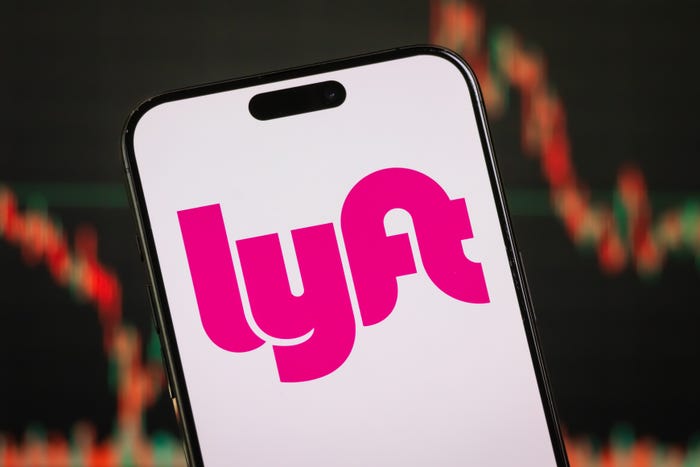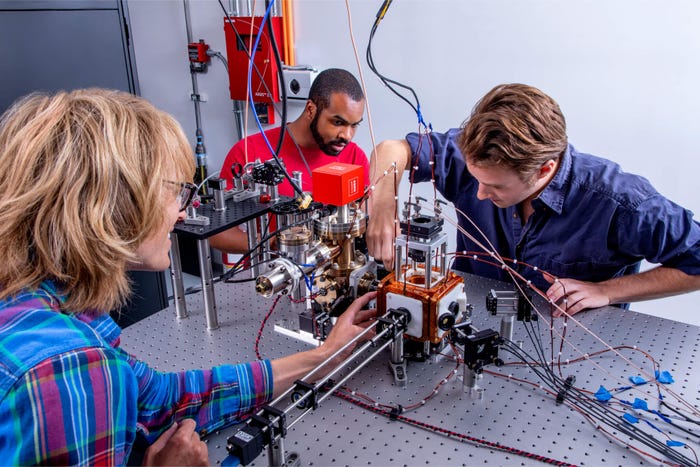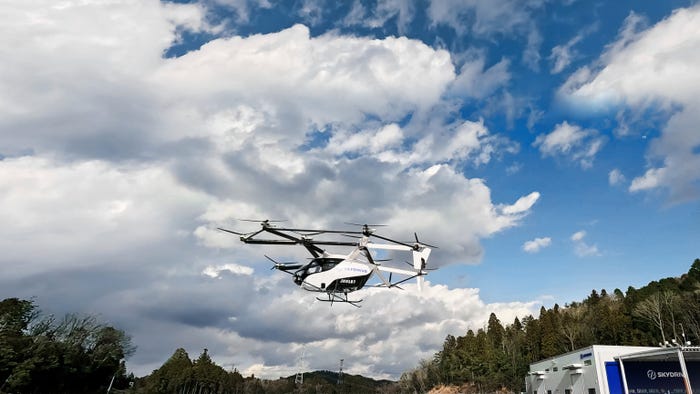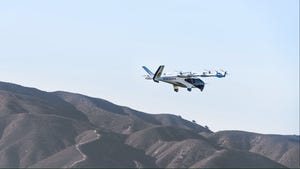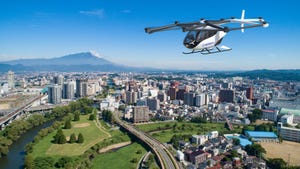Boeing Self-Flying Taxis Coming to Greater HoustonBoeing Self-Flying Taxis Coming to Greater Houston
A new partnership aims to lay the foundation to establish a network across the Greater Houston region
.png?width=1280&auto=webp&quality=95&format=jpg&disable=upscale)
Boeing subsidiary Wisk Aero is bringing its self-flying electric aerial vehicles (EAV) to Greater Houston, Texas, as part of a new partnership agreement.
Wisk and the city of Sugar Land agreed to work together to identify a location at the Sugar Land Regional Airport for the development of vertiport infrastructure for Wisk’s autonomous air taxi operations.
This partnership aims to lay the foundation to establish a larger network across the Greater Houston region.
“The Greater Houston area is experiencing some of the highest population growth in the country, which calls for new and efficient ways to move across the region,” said Wisk CEO Brian Yutko. “Sugar Land’s strategic location within the Greater Houston region and its forward-thinking city leadership make it an ideal partner for us and one that is uniquely positioned as an early leader in the launch of air taxi services. We look forward to working with Sugar Land, local ecosystem stakeholders and the FAA on both ground and air infrastructure, as we bring autonomous air taxi services to the Greater Houston region."
As part of the deal, Wisk is to provide advice on technical needs for autonomous electric aerial vehicle (EAV) eVTOL operations, including infrastructure, training, ground operational procedures and plans for potential site expansion.
Sugar Land intends to focus on integrating advanced air mobility (AAM) into its plans and establish operational policies.
Wisk recently conducted a public demonstration flight of its fully, self-flying electric EAV in Los Angeles, flying its fifth-generation vertical takeoff and landing vehicle at Long Beach Airport with the first public demonstration of the EAV in the Los Angeles region.
The vertical takeoff and landing vehicle, which seats four people, has a fixed wingspan of 50 feet and cruises up to 4,000 feet above ground at speeds up to 135 mph.
The plane is self-flying “with human oversight,” according to the company.
Boeing last year invested $450 million in Wisk and later acquired the startup, making it a Boeing subsidiary.
Boeing, Archer Aviation and Wisk recently agreed to collaborate on autonomous flight.
Wisk last year conducted a demonstration flight of its EAV at the airport in Oshkosh, Wisconsin, including hovering and wing-borne flight multiple times and included 360-degree turns in place.
Wisk, one of the highest-funded EAV companies, recently announced a partnership with Japan Airlines to provide flying taxis to Japan.
The infrastructure for flying vehicles is being developed globally. For example, Beta Technologies is installing EAV charging stations at airports, including Eglin Air Force Base in Florida and the Raleigh Executive Jetport in North Carolina.
Vertiports to provide for the takeoff, landing and servicing of EAVs are being developed by companies such as Volatus Infrastructure, also located at the airport in Oshkosh.
And showrooms for the general public to see and purchase flying vehicles are being developed by Aeroauto Global with two showrooms in Florida and another in development in Austin, Texas.
Like what you've read? For more stories like this on flying cars and other emerging technologies, sign up for our free daily email newsletter to stay updated!
Read more about:
Flying CarsAbout the Author
You May Also Like


